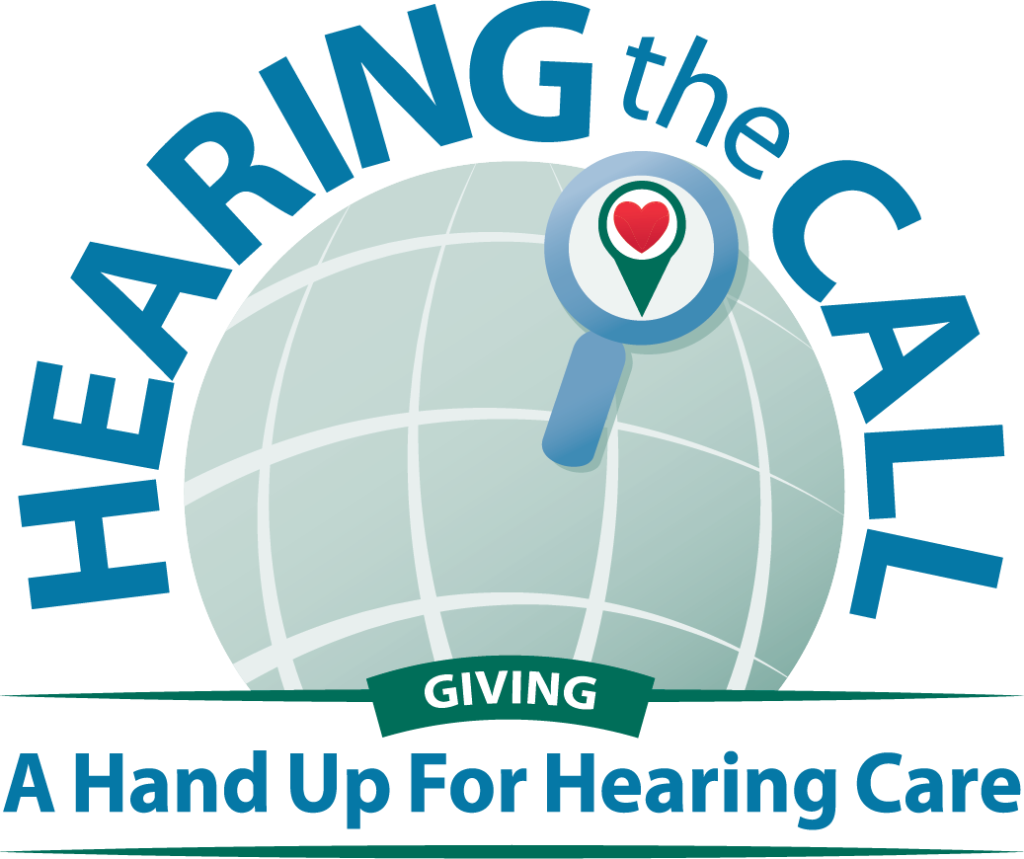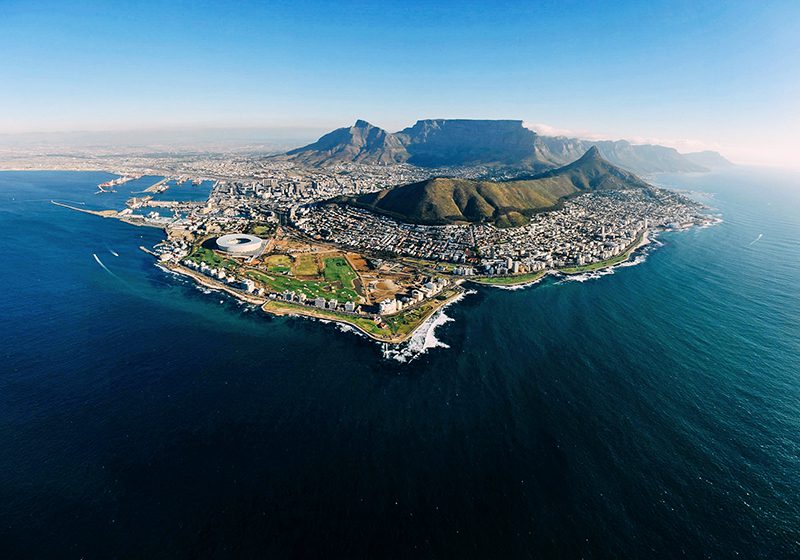South Africa Humanitarian Trip
Knysna & Plettenberg
September 14 - 21, 2024
South Africa, located at the southern tip of the African continent, is a nation marked by its breathtaking landscapes, diverse wildlife, and a complex history. Known for its iconic landmarks like Table Mountain and Kruger National Park, South Africa offers a unique blend of safaris, vibrant cities, and coastal beauty. Major cities such as Cape Town and Johannesburg showcase a mix of modernity and rich cultural heritage. The country’s history, marked by the end of apartheid, is depicted in sites like Robben Island (Cape Town) and the Apartheid Museum (Johannesburg). South Africa’s cultural richness, stunning coastlines, and diverse ecosystems make it a compelling destination for travelers.
The total price includes humanitarian trip expenses, supplies, most meals, transportation (not flights), and hotel stay on clinic days.
With the help of our partners, Hearing the Call, and generous donors, we are able to make our humanitarian trips more affordable and accessible to our members, students, and volunteers.
$500 Deposit Required at Time of Application*
Humanitarian Trip Price: $6,354
Entheos members, please contact Kareem directly for discounted pricing.
(All prices are for double rooms and are subject to change.)
*$500 deposit is fully refundable up to 60 days prior to a trip. Once inside that 60 days, you are responsible for any charges such a the purchase of airline tickets in country as well as the credit card processing fee of 6% (3% on initial purchase and 3% on return).
Note: Application, Payment and the Waiver are managed by Entheos Audiology Cooperative as part of their support for Hearing the Call
September 14 – 21, 2024
Day 1: Arrive Cape Town (CPT)
Day 2: Flight to George / Training Day
Day 3: Clinic Day
Day 4: Clinic Day
Day 5: Clinic Day
Day 6: Retreat Day
Day 7: Retreat Day
Day 8: Depart from George (GRJ)
Flight Information
-
Confirmation from Entheos that you are on the humanitarian trip.
-
Arrive Day 1 Travel from US to Cape Town (CPT). There are direct flights from the U.S. to Cape Town, you do not need to go through Johannesburg. We do recommend you arrive a day or two early into Cape Town which will allow you to see some amazing sights.
-
Try to arrive midday or earlier to allow for the possibility of delayed flights.
-
We will depart from George International Airport (GRJ). This allows you flexibility to travel through Cape Town (CPT) or Johannesburg (JNB). Most flights returning to the U.S. depart in the late afternoon into the evening.
-
Please enter your flight information by clicking the button to your right that says “Flight Info”.
- The Entheos team usually arrives a day early. If you decide to arrive a day early, you will be responsible for an extra night in the hotel (under $100).
VISAS
South Africa does not REQUIRE a visa for citizens of the United States for a stay up to 90 days.
Please make sure your passport is valid for up to 6 months after the date of your trip to enter and has two blank pages.
Also if you are traveling with children under 18, both parents must be present or you must have a notarized consent letter with contact details for the absent parent along with a copy of the absent parent’s passport or where applicable a copy of a court order granting full custody or death certificate.
Electrical Power Information
Which Power Plugs and Sockets in South Africa?
In South Africa, the power sockets are of type D, M, and N. The standard voltage is 230 V and the standard frequency is 50 Hz.
- Type D: mainly used in India, Sri Lanka, Nepal and some African countries. This socket only works with plug D.
- Type M: looks like plug D, but with larger pins. The socket only works with plug M
- Type N: used in Brazil and South Africa. This socket also works with plug C.

Additional Information
One of the first things you have to be aware of on any international trip is the necessary vaccines. Some of the vaccines are hard to get in a quick time frame. Please make sure you read and check the CDC website for information on vaccines immediately.
As we travel internationally, we may be exposed to certain diseases that are rare in the United States. Fortunately, the risk of catching these diseases is still quite low since we will be on site for only a short time and will be eating properly prepared food, etc. However, since it is impossible to eliminate all risk, there are a variety of vaccines and immunizations that provide prevention against many of the most serious infectious diseases in the world that we ask each delegation member consider receiving.
According to the Center for Disease Control (CDC) website www.cdc.gov, there are no required vaccines for South Africa, but make sure your routine vaccinations are up-to-date. Please refer to the following CDC website for information on South Africa.
- Most expenses will be prepaid for you including: ground transportation, medical evacuation insurance, hotel room accommodations, translators and team meals.
- Each volunteer is financially responsible for paying for and obtaining a passport and visa (if necessary), receiving any necessary immunizations, all food/beverage items in all airports and outside team meals, and any other personal expenditures/shopping during the trip.
- You will want to take enough cash with you for personal shopping. Bring U.S. currency that is as new as possible and undamaged. Traveler’s checks and credit cards (VISA or Master Card) will be good in airports, major hotels and many shops, but cash is the easiest and most convenient method of payment.
- You will be able to exchange money locally. Please bring new $100 bills. You will get a better exchange rate than smaller bills, and they don’t take older money.
- The currency in South Africa is the Rand. To find the most up-to-date currency conversions, please go to XE Currency convertor.
Here are some helpful guidelines concerning the safety and security of your personal items:
- Be mindful of how you carry your purse or where you place your wallet. Men, keep your wallets in a front or zippered pocket, as keeping it in your back pocket will make it susceptible to pickpockets. Ladies, keep purses across your chest or use a fanny pack (keeping your hands free is also wise).
- An under garment money belt worn around your waist is a safe way to carry your personal cash or passport.
- Stay with a group of people at all times – always go somewhere in pairs.
- Take a minimal amount of jewelry with you – nothing flashy.
- Be a confident traveler even if you are unsure or uneasy in a certain situation; confidence and calmness is key.
- We also suggest that you make copies of all flight itineraries, wallet contents, passport, visa, etc. and carry copies in a separate, secure location. It would also be a good idea to leave copies of everything with someone at home also, just in case. These copies could prove invaluable should your personal documents be lost or stolen.
We hope you will enjoy the local cuisine. Most meals will be eaten at a hotel or local restaurant. All foods that will be provided to you should be well prepared and safe for you to eat.
Meals are supplied on clinic days, but not on travel or recreation days.
- As far as drinking water is concerned, to be on the safe side, always drink bottled water and brush your teeth with bottled water at the hotel. Avoid ice. Bottled water will be available.
- You may want to take some personal snack items with you – good items to take include granola bars, dried fruit, and trail mix.
WEATHER:
In Cape Town, the weather in September is generally pleasant with moderate rainfall. Throughout the day, temperatures typically settle at around 65°F. But by evening, they drop to around 52°F. Please not due to its proximity to the oceans, Cape Town can be windy and cooler than expected at times.
For further information about weather, please consult these sites: Weather.Com and Weather Underground.
TIME ZONE:
South Africa is in the East African Time zone and does not observe daylight-savings time.
Click here to view the current time in South Africa.
- Please wear long pants and the team t-shirts provided by our partners. We have found that breathable type pants by Eddie Bauer or Columbia are a good option for hot clinic days (jeans are fine). You will receive TWO clinic t-shirts on the first day of the trip. You may be able to do laundry (for a small fee) at the hotel; we also recommend bringing a mini bottle of detergent (can be purchased at the travel section) to do laundry in your room.
- Bring comfortable shoes to wear. No open toe shoes for clinics.
- No shorts in the clinic.
Before/After Clinic
- There will be time for recreation (going out, dinner, etc.) after clinic days.
- Bring a fleece jacket for the mornings and evenings when it could get cool. Days will be fairly warm.
Here is a one week packing list as an example. You can click here to get a printable list.
Clothing
- 4 – Pants
- 5 – Shirts
- 8 – Pairs Socks
- 2 – Clinic Shirts (will be provided)
- 2 – PJ’s
- Walking Shoes
- Windbreaker or Light Jacket
- Swimsuit (if needed)
- Sandals
Toiletries
- Shampoo
- Conditioner
- Toothbrush
- Toothpaste
- Razor
- Hair Things
- Brushes
- Sunscreen
- Bug Spray
- Lotion
- Sunglasses
- Kleenex
- Imodium
- Advil
- Any Medications Needed
Miscellaneous
- Cash
- Passport
- Passport Holder
- Bank Card
- Credit Card
- Pen (to fill out forms)
- Neck Pilow
- Phone Chargers
- Computer chargers
- Converter/Transformer
- Laundry Detergent
- Wine Opener (for others)
- Head phones


